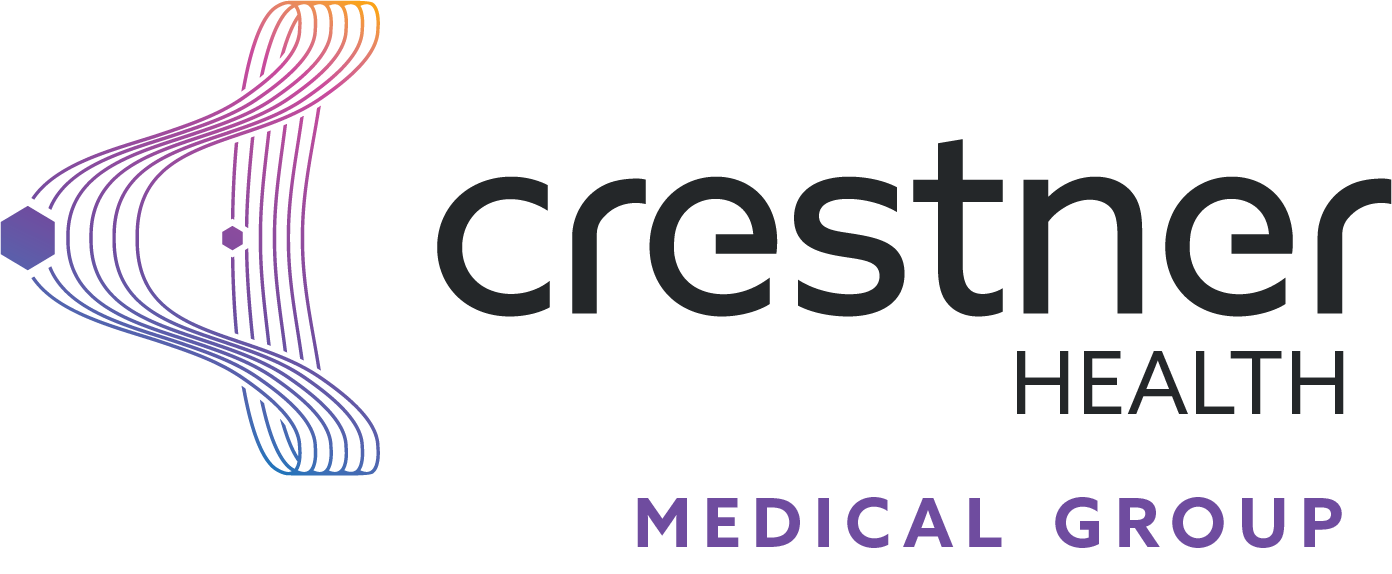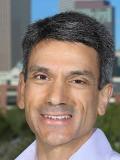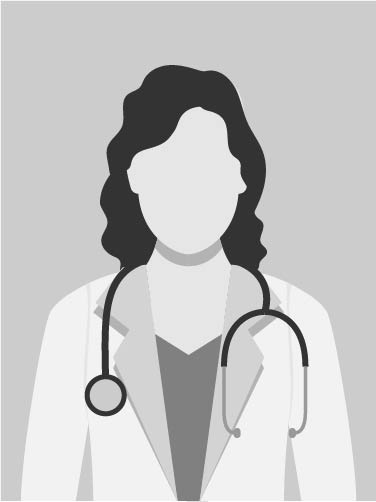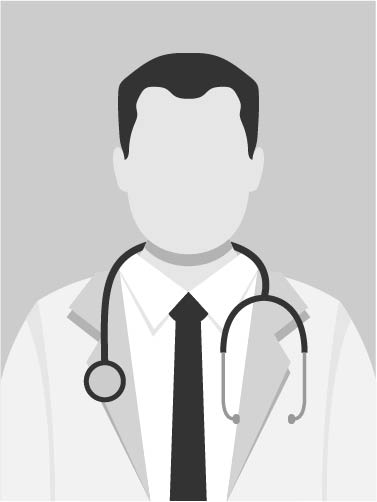Heart Screenings
Heart screenings help doctors detect signs of cardiovascular conditions before you experience symptoms. These simple tests allow for early intervention with medications or procedures to help you prevent or manage heart disease and reduce your risk of having a heart attack.
Why heart screenings are performed
Cardiovascular disease is the number one cause of death for men and women in the United States. Heart screenings can help identify underlying conditions that put you at risk for developing heart disease.
Your doctor may suggest one or more heart screening tests if you are at a higher risk for heart disease due to such factors as:
- Smoking history or you are currently smoking
- Family history of early heart attack, heart disease, or heart failure
- Diabetes
- Being overweight or having a high body mass index (BMI)
- High blood pressure
- Elevated blood cholesterol levels
- Symptoms of heart disease, including chest pain or shortness of breath during physical activity
What to expect
Heart screenings can take place in many settings, from the doctor’s office or a medical center to a hospital’s radiology department.
The most common heart screenings include:
- Blood pressure, pulse, and blood oxygen level readings
- Cholesterol screening from a blood sample
- Echocardiogram, a noninvasive ultrasound of your heart
- Heart failure risk assessment, a questionnaire about your health and your family history of heart disease
- Lower extremity pulse screening and exercise ankle-brachial indices, both noninvasive tests that evaluate blood flow in your legs
- Cardiac calcium score, a noninvasive imaging test to measure the level of calcium plaque building up in the coronary arteries
- Most of these tests require no special preparation in advance and carry few risks. You should always feel free to discuss the risks and benefits of any heart screening test your doctor recommends.
Heart screening recovery and results
Heart screening tests do not require any special after care. You should be able to go home immediately and resume your normal activities and diet.
The health screening team or your doctor will share the results with you either at the screening appointment or later during a follow up visit. For people with risk factors for heart disease, screenings can be a safe, effective way to identify developing cardiac conditions. Incorporating heart-healthy habits into your life can often lessen your risks, and medical treatment in the early stages of disease can reduce your risk of heart attack.





